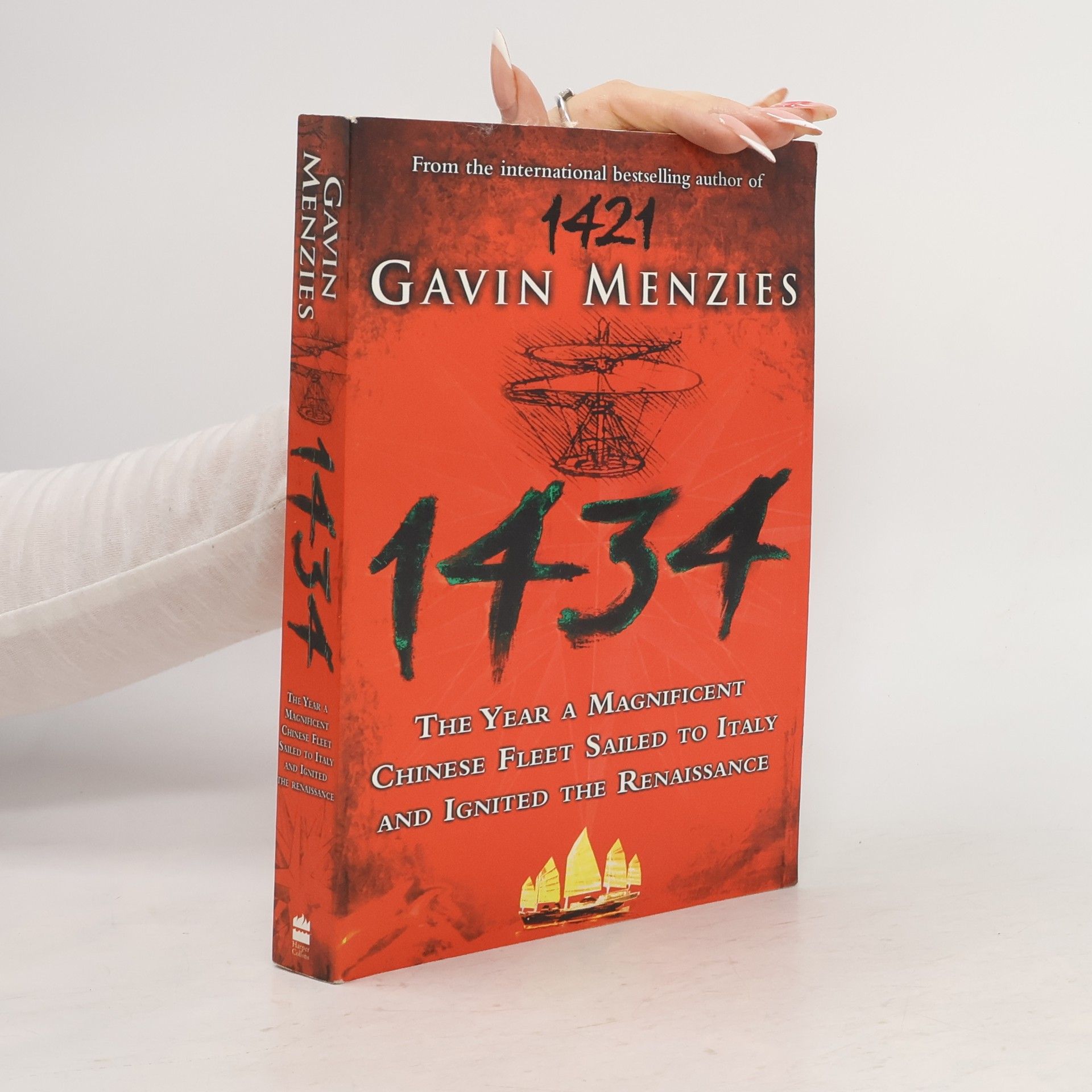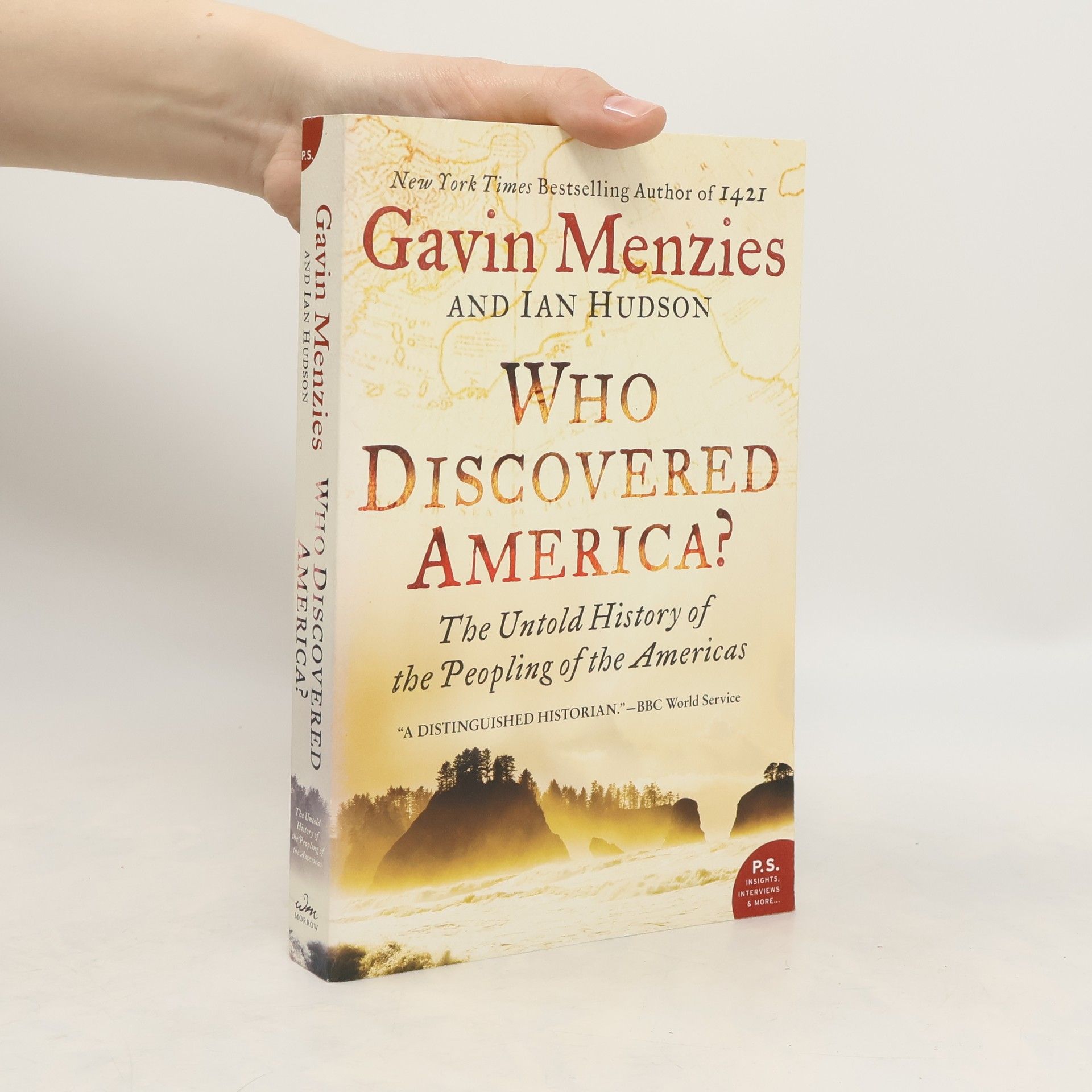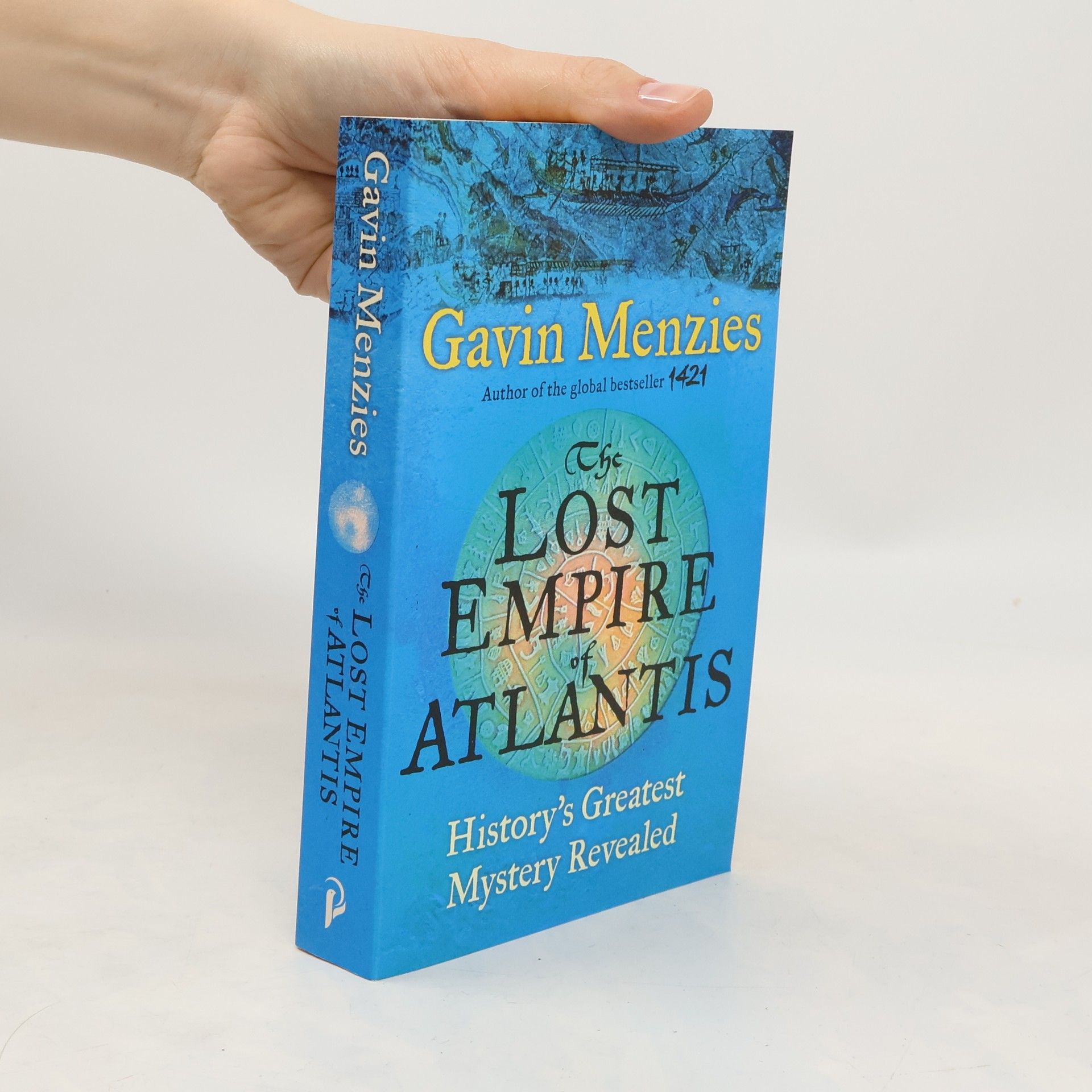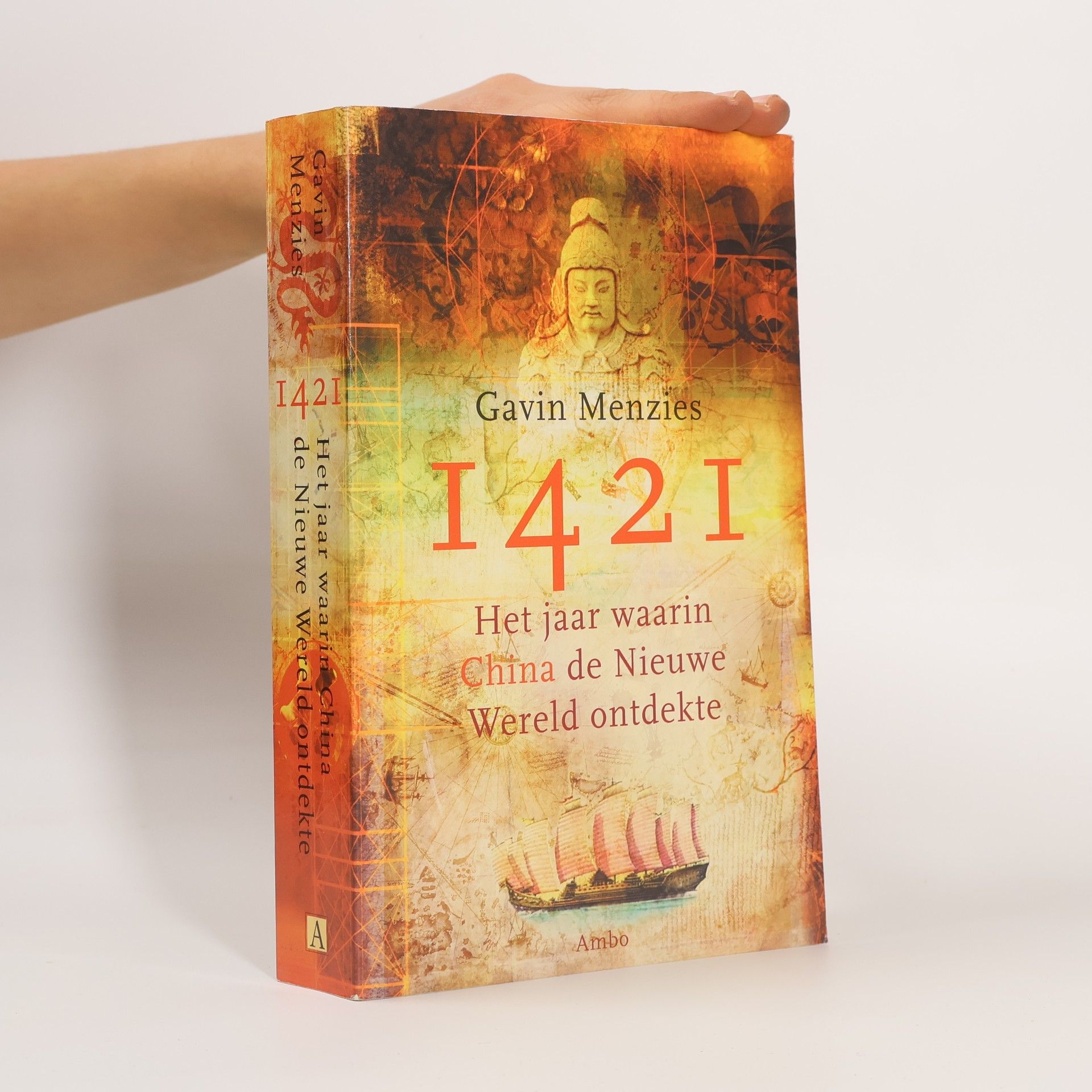On 3/8/1421, the largest fleet the world had ever seen set sail from China. Its mission was "to proceed all the way to the ends of the earth to collect tribute from the barbarians beyond the seas" & unite the whole world in Confucian harmony. When it returned in 10/1423, the emperor had fallen, leaving China in political & economic chaos. The great ships were left to rot at their moorings. Most records of their journeys were destroyed. Lost in China's long, self-imposed isolation that followed was the knowledge that Chinese ships had reached America 70 years before Columbus & had circumnavigated the globe a century before Magellan. Also concealed was how the Chinese colonized America before the Europeans & transplanted in America & other countries the principal economic crops that have fed & clothed the world. Unveiling incontrovertible evidence of these astonishing voyages, "1421" rewrites our understanding of history. Our knowledge of world exploration as it's been commonly accepted for centuries must now be reconceived due to this landmark work of historical investigation.
Gavin Menzies Boeken
Een voormalig Brits onderzeeërcommandant en amateurhistoricus die zich verdiept in onconventionele historische verhalen en gevestigde tijdlijnen en oorsprongen uitdaagt. Zijn werk stelt dat belangrijke wereldwijde ontdekkingen en culturele bewegingen afkomstig waren van beschavingen buiten het typische westers-centrische perspectief. Hij nodigt lezers uit om geaccepteerde historische verslagen in twijfel te trekken door intrigerende alternatieve theorieën te onderzoeken. De onderscheidende aanpak van de auteur is gericht op het blootleggen van over het hoofd geziene aspecten van de geschiedenis en het herformuleren van ons begrip van gebeurtenissen uit het verleden.







The bestselling author of 1421: THE YEAR THE CHINESE DISCOVERED THE WORLD uncovers the truth behind the mystery of Atlantis. Updated with thrilling new discoveries for the paperback.
Who Discovered America?
- 352bladzijden
- 13 uur lezen
Combining in-depth research with an adventurer's spirit to present a radical rethinking and new revelations relating to the Beringia theory of how humans discovered, explored, and settled the American continent.
1434
The Year a Magnificent Chinese Fleet Sailed to Italy and Ignited the Renaissance
In his bestselling book 1421:The Year China Discovered the World, Gavin Menzies revealed that it was the Chinese that discovered America, not Columbus. Now he presents further astonishing evidence that it was also Chinese advances in science, art, and technology that formed the basis of the European Renaissance and our modern world.
In 1421, the largest fleet the world had ever seen set sail from China under the command of Emperor Zhu Di's loyal eunuch admirals. But by the time they returned home, Zhu Di had lost control and China was turning inwards, leaving the records of their discoveries to be forgotten for centuries.
1434. El Año en que una flota china llego a Italia e inicio el Renacimiento
- 432bladzijden
- 16 uur lezen
Tras el inmenso éxito de 1421, su autor nos ofrece otra asombrosa revisión de la historia con nuevas pruebas que sitúan las raíces del Renacimiento en los viajes de exploración chinos del siglo XV.
